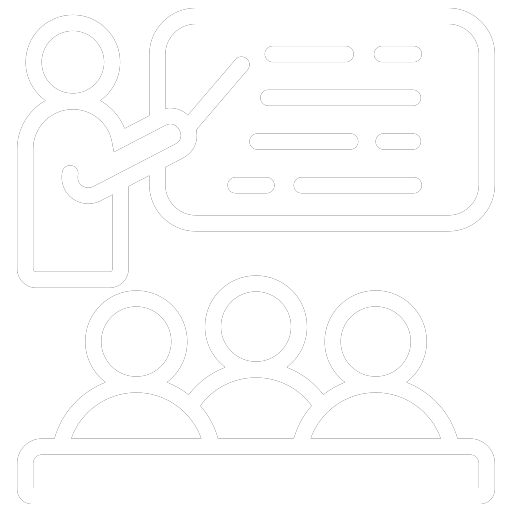Info Center
- Home
- Info Center

Welcome to Our Info Center
Our Info Center is dedicated to providing valuable resources and support for caregivers, whether you’re new to the role or a seasoned professional. We believe that caregivers deserve the best tools, tips, and guidance to provide excellent care while maintaining their well-being.
Helpful Articles
- Understanding Caregiving: Explore our comprehensive guides on what caregiving entails, including emotional, physical, and mental responsibilities. Learn how to create a balanced care routine and set realistic expectations.
- Effective Communication with Patients: Building strong communication skills is essential in caregiving. Learn how to listen, express empathy, and address concerns with patience and understanding.
- Self-Care for Caregivers: Discover how to take care of your own mental and physical health, including strategies for stress management, relaxation, and creating time for yourself.

Caregiving Resources

Support Networks
Find information about local and online caregiver support groups, where you can connect with others facing similar challenges and share experiences.

Legal and Financial Assistance
Get informed about your rights as a caregiver, including laws, financial support, and available services that can help reduce your burden.

Training and Education
Access free and paid caregiving courses that will enhance your skills and expand your knowledge in various areas like elder care, medical conditions, and personal care techniques.
Frequently Asked Questions
Learn about the necessary qualifications, certifications, and training required to become a professional caregiver in your area.
Get advice on recognizing signs of burnout and how to seek help, including support systems and professional counseling.
Regularly assess their living environment for hazards, monitor their health, and use assistive devices or technology for added safety.
Approach the situation with empathy, maintain open communication, and seek advice from professionals or support groups to navigate resistance.
Be prepared with a first-aid kit, emergency contacts, and knowledge of the individual’s medical history. If necessary, take a first-aid training course.
